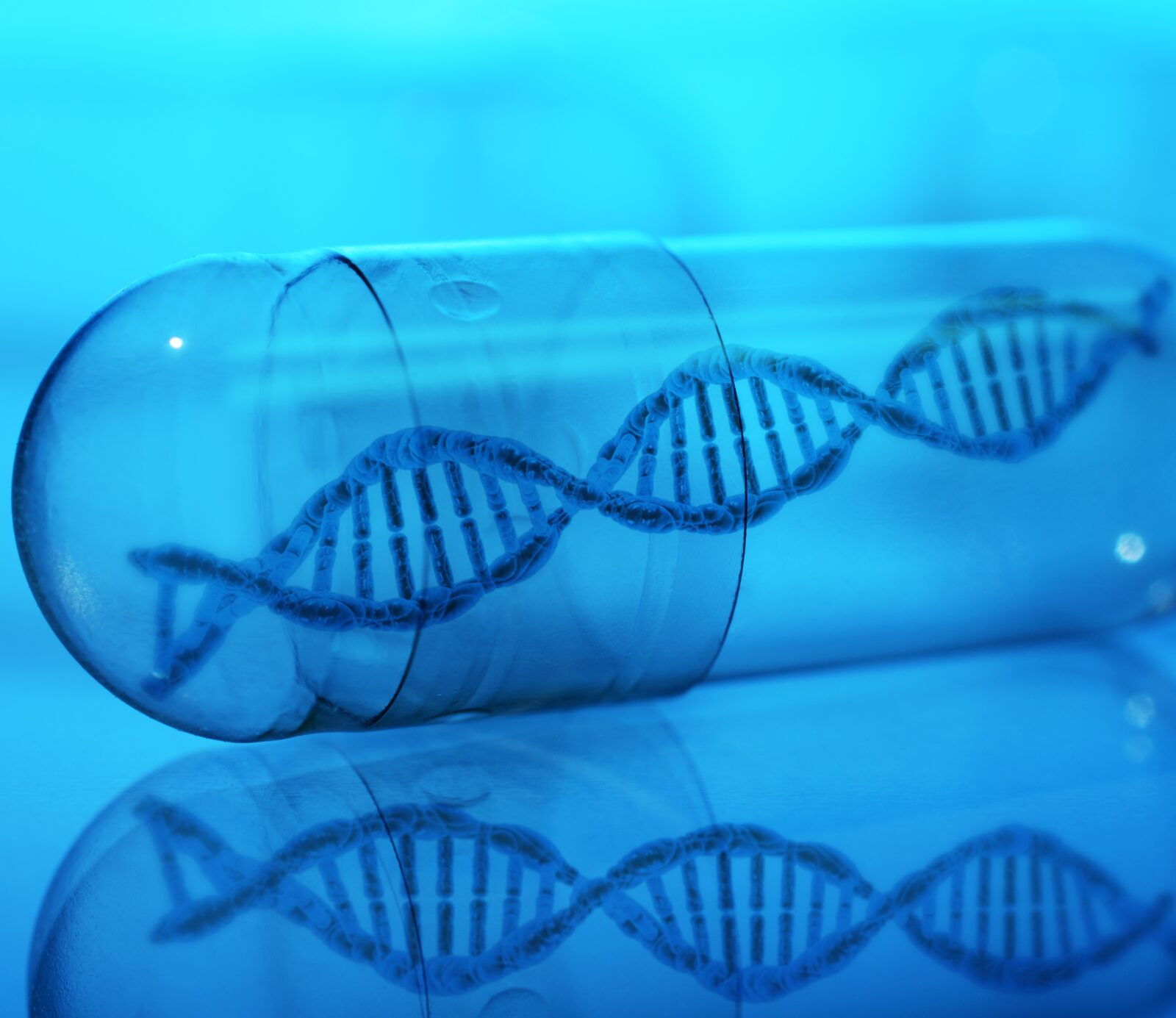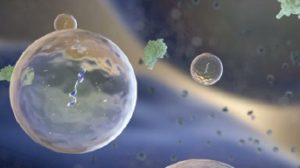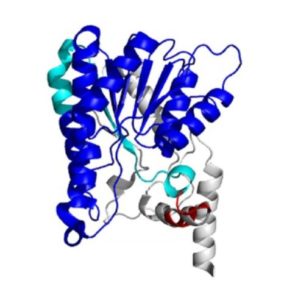Precision medicine is the cutting edge of diagnosis and treatment; it encompasses medical practices and products that are tailored to individual patients. Aligned with that is the development of novel therapeutics which utilize many different technological strategies that target specific cell processes or structures. New drugs are being developed that have better specificity for receptors and are able to modify gene expression and enhance the host immune system.
One of the newest drugs to use such advanced technology gained FDA approval recently (23 Dec 2016). SpinrazaTM (nusinersen), marketed by Biogen, is a treatment for spinal muscular atrophy. It is an antisense oligonucleotide that modulates splicing of the SMN2 gene. This is the first drug approved to treat children and adults with spinal muscular atrophy (SMA), a rare and often fatal genetic disease affecting muscle strength and movement. Spinraza is an injection administered into the fluid surrounding the spinal cord. The ability to direct treatment to such a specific target is a phenomenal development in the pharmaceutical industry.
Another potential groundbreaking therapeutic modality may be in the works. We highlight a recent article1 that examines an upcoming technology for therapeutic antibody development. Rob deJong, Frank Beurskens and their colleagues at Genmab and the University of Utrecht in the Netherlands investigated the ability to manipulate IgG1 antibodies to form hexamers to produce a more efficient method of complement activation for targeted cell killing. The article describes their mutational screening approach to identify mutations in the IgG1 antibody constant domains that enhance hexamer formation and complement activation for tumor cell killing. It is a beautiful example of the capability to modify therapeutic approaches to improve the specificity and efficacy of medicines.
Chamow & Associates monitor new protein engineering technology to ensure that clients are aware of molecular developments that are pushing the treatment frontier in biologics.
1“A Novel Platform for the Potentiation of Therapeutic Antibodies Based on Antigen-Dependent Formation of IgG Hexamers at the Cell Surface.” PLoS Biol 2016 Jan 6;14(1):e1002344. doi: 10.1371/journal.pbio.1002344). Rob N. de Jong, Frank J. Beurskens, Sandra Verploegen, Kristin Strumane, Muriel D. van Kampen, Marleen Voorhorst, Wendy Horstman, Patrick J. Engelberts, Simone C. Oostindie, Guanbo Wang, Albert J. R. Heck, Janine Schuurman, Paul W. H. I. Parren
Click to read the full article





